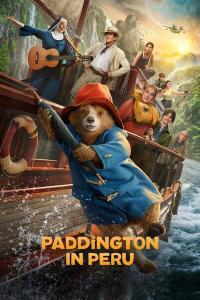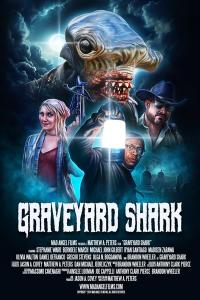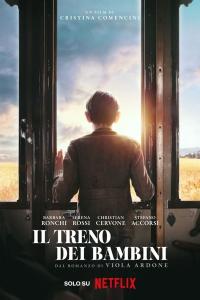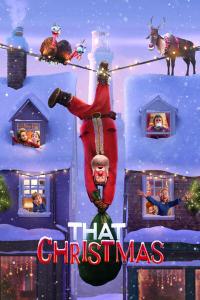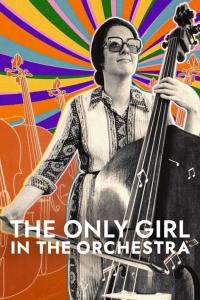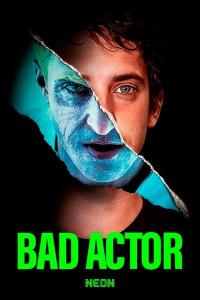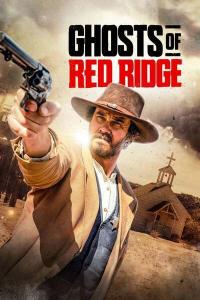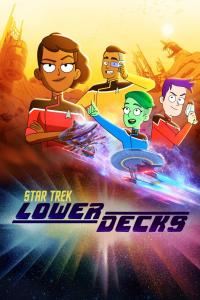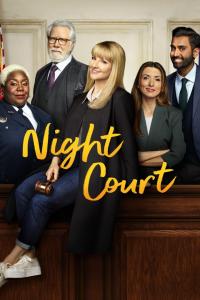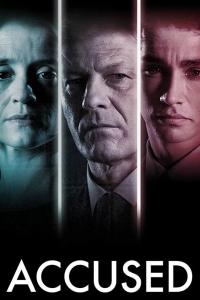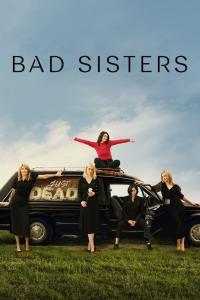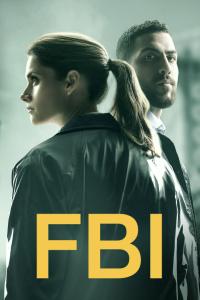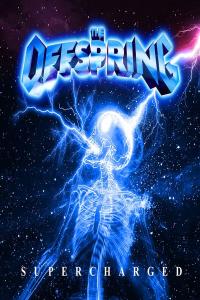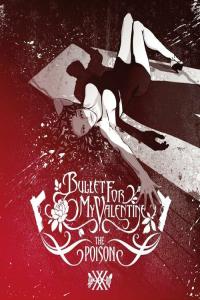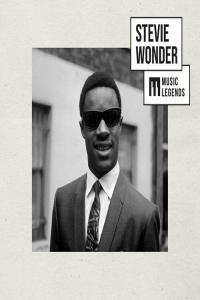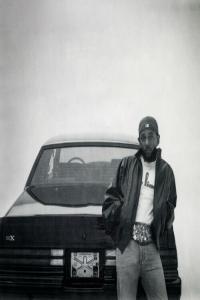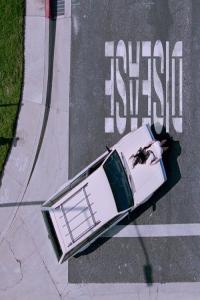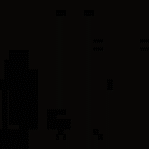Torrent details for "(2023) Jethro Tull - RökFlöte [Deluxe Edition] [FLAC] [DarkAngie]" Log in to bookmark
Controls:
Language:
 English
EnglishTotal Size:
506.84 MB
Info Hash:
7d10daa2df118e746feacff9bee9a8aefdb5eed2
Added By:
Added:
14-05-2023 19:29
Views:
740
Health:

Seeds:
2
Leechers:
0
Completed:
41
Thanks for rating :
Garthock (5),
(5),
Garthock
Review:
…The second CD contains demos of every track on the album. Jethro Tull leader Ian Anderson’s original idea for the band’s new work, RökFlöte, was a predominantly instrumental record of rock flute, which is not that surprising given the instrument has been such an integral part of the British progressive rock group’s music for over 50 years. But then the singer and flutist found a new thematic inspiration for RökFlöte after day one of writing: old Norse mythology. “I began to write lyrics and had the title,” he says, “and had the notion of basing the album on a playful look at the world of Norse mythology and the belief systems that went with that—the polytheistic belief of Norse mythology derives in many cases from Roman and Greek mythology and belief in a multitude of gods, which in itself derives from Hinduism and everything that proceeded it. Generally, the belief systems of the world have interested me for many years since I was a teenager.” Anderson’s fascination with the subject formed the basis of RökFlöte, Jethro Tull’s 23nd studio album due this Friday. To fans, it seems like a continuation of the folkish and medieval themes Tull had previously explored in the band’s music. “I rather stayed away from Norse mythology,” he adds, “because of the obvious connections with the fantasies of heavy metal, video gaming and movies, and Vikings and stuff. It’s a little bit overworked, and it also has quite often tendencies to connect with ultra-right-wing politics, if you can call it politics. Of course, many of the gods in Norse paganism are female and sometimes not necessarily as warlike and fearful as others.” The new record comes just one year after The Zealot Gene—the first time in over four decades in which Jethro Tull—whose present lineup consists of Anderson, keyboardist John O’Hara, guitarist Joe Parrish, bassist David Goodier and drummer Scott Hammond —released two records back to back (the last time was 1979’s Stormwatch and 1980’s A). “It’s because if I’m going to die soon, I think I should try to be productive in my final years,” Anderson explains of the fast turnaround. “When I say ‘soon,’ I don’t mean tomorrow. Hopefully not even in 2024, because I have a deal for another record. But at a certain point in your life, you realize—compared to many people that I’ve known and worked with over the years—I’m already on borrowed time. So it’s potentially a good idea as long as you’re feeling productive, energetic, and can summon up ideas from a vacuum, then it’s good to keep going.” At first listen, RökFlöte‘s offers shades of previous Jethro Tull albums, specifically the late 1970s folk record trilogy era (Songs From the Wood, Heavy Horses and Stormwatch) through 1980’s A album, with a little bit of 1987’s Crest of a Knave; RökFlöte has its share of both dramatic rockers (“Wolf Unchained”) and pastoral, reflective numbers (“Cornucopia”). But Anderson doesn’t really see such sonic comparisons. “Most of the music is rather more related to classical lines and themes,” he says of the new album’s sound. “There’s not much in the way of syncopation or anything that swings like jazz or blues. Things tend to phrase without the use of dotted notes that I think probably owes more to classical music…If you listen to the little doodles on my phone, they would sound probably more as if they could be from some simplistic classical themes of 200 years ago. “But it’s what you do with those ideas that count. And I try to make them part of the more evolved side of pop and rock music. It’s not very difficult stuff, not difficult to play for any of the band or for me. It’s intricate, nonetheless. There’s a lot of detail in the music and quite a lot of detail in the lyrics and what surrounds it in terms of subject matter. It’s detailed without being overly complicated or difficult in the sense of requiring enormous technical skills as a musician.” Highlighted by ornate guitar, keyboard flourishes and Anderson’s virtuosic flute playing, the urgent rock track “Ginnungagap”— defined in old Norse mythology as the “void in which the world was created”—was the first single released off of RökFlöte. “In most religions, we have this creation myth. It seems to be quite essentially important to mankind to consider the origins of everything. There is usually, in most even polytheistic beliefs, a central creator even though there may be a plethora of gods and lesser gods who follow on. There is usually a single creator at the source of it, and that indeed is the nature of Ginnungagap—Ymir being the Norse force of creation. And so it is that little moment of, I suppose, just looking at the mythology as depicted in the Poetic Edda of Icelandic literature when the elements of the Norse myths and legends were written down for the first time around the 11th century.” Another single from RökFlöte, the turbulent and rhythmic “The Navigators,” whose lyrics examines Njord, the Norse god of the wind and the sea and its riches. “It was as close as I was going to get to talking about anything that would be related to the Viking pirates and invaders who were perhaps synonymous with Norse mythology. But I wanted to relate that to the more contemporary world of fishermen today rather than pirates or people who are invaders. It’s more to do with, I suppose, people who depend upon a mixture of skill, good luck and ultimately the services of lifeboats and helicopters to take care of them when they get into trouble.” While they draw inspiration from old Norse mythology and paganism, the songs on RökFlöte also hint of society today. The band’s most recent single, the majestic rocker “Hammer on Hammer,” per the album’s press notes, is talking about Thor and a war-like situation (i.e., Ragnarök). But it also contains what appears to be a reference to Vladimir Putin: “Vlad, the bad, seethes and schemes/An empire past he must renew/Tough man in waiting, stares at me/At White Nights, 1992. Says Anderson: “Every song was written with the same idea that there would be three stanzas that talked about the historical side of things, followed by two stanzas that would be a more contemporary reading of those personalities and functions of those gods. From [tracks] 2-11, the songs were all written with the same idea: 40% of the lyrical material is about my relationship with those characters through people that I’ve met or observed or situations that are something close to me that I feel I can write about authoritatively rather than merely describing something that is of historical and academic interest. So all of the songs should have some relevance, at least for me they do, in the present day or the near present day.” The album is bookended with a spoken-word intro (“Voluspo”) and outro (“Ithavoll”) performed in old Icelandic by the actress and singer Unnur Birna; the heavy sound of breathing in the background on those tracks initially suggest something dark and foreboding. But as Anderson explains: “It’s ominous again, but it is the heavy breathing of the way that the album begins—it’s the breathing of life and the creation. And the end, in “Ithavoll,” it’s what happens after the end of days, the shootout at the O.K. Corral. I suppose again common to all religions, there has to be a big showdown, the forces of good and evil. But it’s the positive idea of rebirth, which is the uplifting thing. I try to give a little feeling of that in the way the album finishes off with that song.” — forbes

Track List:
Disc 1
01 - Voluspo
02 - Ginnungagap
03 - Allfather
04 - The Feathered Consort
05 - Hammer On Hammer
06 - Wolf Unchained
07 - The Perfect One
08 - Trickster (And The Mistletoe)
09 - Cornucopia
10 - The Navigators
11 - Guardian's Watch
12 - Ithavoll
Disc 2
01 - Voluspo (Demo)
02 - Ginnungagap (Demo)
03 - Allfather (Demo)
04 - The Feathered Consort (Demo)
05 - Hammer On Hammer (Demo)
06 - Wolf Unchained (Demo)
07 - The Perfect One (Demo)
08 - Trickster (And The Mistletoe) (Demo)
09 - Cornucopia (Demo)
10 - The Navigators (Demo)
11 - Guardian's Watch (Demo)
12 - Ithavoll (Demo)
Media Report:
Genre: prog-rock
Country: UK
Format: FLAC
Format/Info: Free Lossless Audio Codec
Bit rate mode: Variable
Channel(s): 2 channels
Sampling rate: 44.1 KHz
Bit depth: 16 bits
Compression mode: Lossless
Writing library: libFLAC 1.2.1 (UTC 2007-09-17)
Note: If you like the music, support the artist





